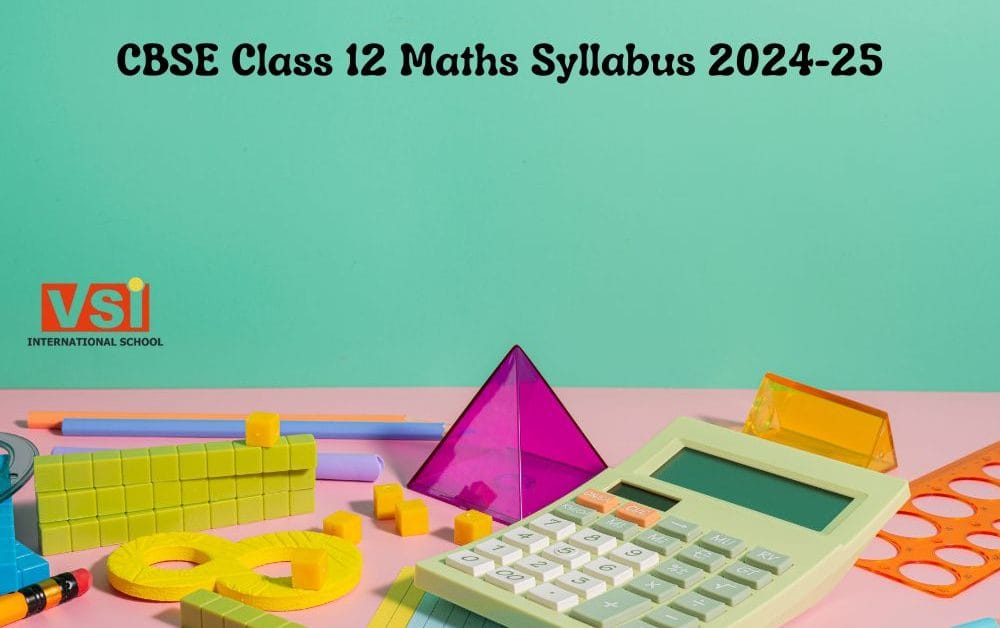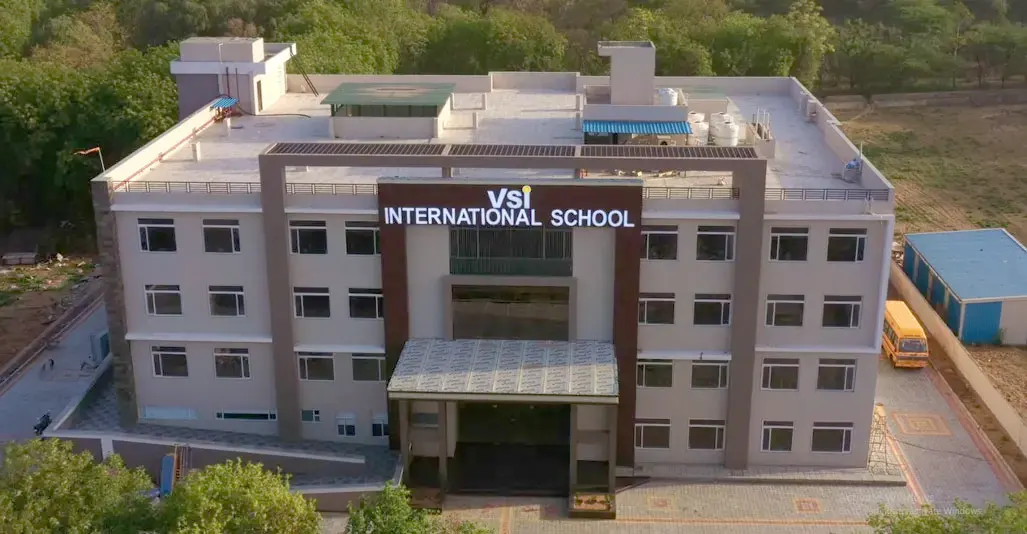
CBSE Compulsory Subjects For Class 10
Choosing the right subjects in Class 10 is crucial for students as it lays the foundation for their future academic and career paths. The Central Board of Secondary Education (CBSE) has a set curriculum for Class 10, which includes compulsory subjects that every student must study. This article will provide a comprehensive guide to these compulsory subjects, helping students and parents understand what to expect.

Compulsory Subjects in CBSE Class 10
English
English Language and Literature: This subject focuses on enhancing students’ reading, writing, and comprehension skills. It includes prose, poetry, and drama, along with grammar and writing exercises.
Hindi
Hindi Course A or Hindi Course B: Students can choose between two levels of Hindi, depending on their proficiency. Both courses aim to improve language skills, including reading, writing, and literature.
Mathematics
Standard Mathematics: This course covers topics such as algebra, geometry, trigonometry, statistics, and probability.
Basic Mathematics: An easier version of the standard course, designed for students who do not wish to pursue mathematics in higher studies.
Science
Science (Theory and Practical): This subject includes Physics, Chemistry, and Biology. It focuses on theoretical knowledge as well as practical experiments to enhance understanding.
Read More CBSE vs State Board
Social Science
History, Geography, Political Science, and Economics: This subject helps students understand historical events, geographical concepts, political systems, and basic economic principles.
Health and Physical Education
This subject promotes physical fitness and well-being. It includes physical activities, sports, and health education.
Additional Subjects
While the above subjects are compulsory, students can also choose additional subjects based on their interests and career goals. These may include:
- Information Technology
- Home Science
- Sanskrit
- Art Education
- Work Experience
Conclusion
Understanding the compulsory subjects in CBSE Class 10 is essential for students to plan their studies effectively. These subjects provide a well-rounded education, ensuring that students develop essential skills and knowledge. By focusing on these core areas, students can build a strong foundation for their future academic and career pursuits.
Read More How to Score Good Marks in Mathematics
FAQ:
1. What are the compulsory subjects in CBSE Class 10?
The compulsory subjects in CBSE Class 10 include:
- English (Language and Literature)
- Hindi (or another regional language)
- Mathematics
- Science (Physics, Chemistry, Biology)
- Social Science (History, Geography, Civics, Economics)
2. Is there a third language option in CBSE Class 10?
Yes, many schools offer a third language option in CBSE Class 10. This language can be a regional language or any other language offered by the school, depending on regional requirements and student preferences.
3. How are the Class 10 board exams structured?
The Class 10 board exams typically consist of:
- Written exams for each subject, covering the entire syllabus.
- Practical exams for subjects like Science, which assess hands-on skills.
- Internal assessments that include periodic tests, projects, assignments, and class participation.
4. What is the weightage of board exams and internal assessments in Class 10?
The weightage for Class 10 assessments is generally structured as follows:
- Board Exams: Approximately 80% of the total marks.
- Internal Assessments: Approximately 20% of the total marks, which include periodic tests, projects, and class participation.
5. How can I prepare effectively for the Class 10 board exams?
Here are some effective preparation tips:
- Create a study schedule and stick to it.
- Regularly revise topics and practice with previous years’ question papers.
- Utilize NCERT textbooks as primary study material.
- Form study groups for collaborative learning and clarification of doubts.
6. What role do NCERT textbooks play in Class 10 preparation?
NCERT textbooks are crucial for Class 10 preparation as they:
- Cover the entire syllabus comprehensively.
- Provide structured content and focus on core concepts.
- Include illustrative examples and end-of-chapter exercises for practice.
7. How important are Class 10 board exams for future studies?
Class 10 board exams are critical as they:
- Determine eligibility for various streams (Science, Commerce, Arts) in Class 11.
- Assess foundational knowledge that is essential for higher education.
- Build confidence and study habits that are important for future academic challenges.
8. What should I do if I have doubts in my subjects?
If you have doubts, consider the following:
- Ask your teachers for clarification during or after class.
- Join study groups to discuss challenging topics with peers.
- Utilize online resources, educational videos, and forums for additional explanations.
9. How can I manage stress during exam preparation?
To manage stress during exam preparation:
- Maintain a balanced study schedule with breaks.
- Practice relaxation techniques like deep breathing or meditation.
- Engage in physical activities or hobbies to relieve stress.
- Stay positive and remind yourself of your preparation efforts.





